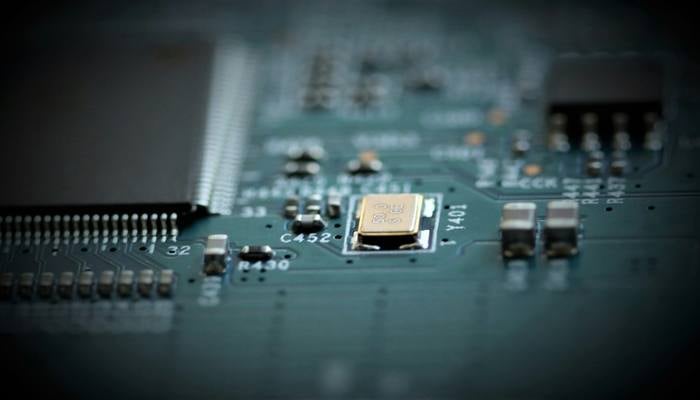
As the competition in the realm of semiconductors and chipsets has been intensified by an overwhelming degree, Pakistan has begun making waves by focusing on developing its own talent in semiconductor and chipset design.
With over 7,000 university students being trained in chip design, and 12 local companies having entered the field, the initiative to reduce reliance on chip imports was discussed at a recent meeting of the Senate Standing Committee on IT.
During the meeting, key government officials expressed the country's ambition to participate in the rapidly growing global chip market.
Although the latest stride is aimed at design rather than manufacturing, which requires a larger investment, it serves as a much-needed first step.
Pakistan's impending foray into the chip industry comes at a time when chips have become integral to modern devices, ranging from smartphones to satellites.
With Pakistan relying heavily on imported semiconductors, chip manufacturing is believed to save tech firms from bearing millions in import costs.
Given an ever-widening gap between supply and demand, the government appears keen on cultivating local chip design skills to stand tall against the global competition.
Although most of the training is currently taking place at the undergraduate level, plans are in place to expand these programmes and form partnerships with both local and international companies.
It was also learned that the 12 local companies involved in chip designing are primarily fabless design houses, meaning they design chips domestically while outsourcing production.
















